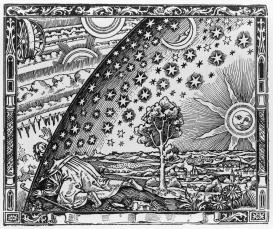Numeracy, by which I mean counting, calculating, and measuring, was ubiquitous in Greek and Roman antiquity, it informed the production of account inscriptions in classical Athens and of land surveying in the late Republican Rome. It played a role in the administration of empires and the running of households. We cannot truly understand the ancient Greek and Roman worlds without understanding how people counted, calculated, and measured, and what that meant for them.
After examining numerical notation systems, calculation practices, metrological objects, and educational evidence, I have reconstructed agency and practices through the analysis of “spaces” of numeracy. Via papyrological archives, I have looked at numeracy in the household and mapped economic and social status through accounts and contracts. I have analyzed mechanisms of trust in the marketplace and their interactions with numeracy, and am currently exploring the paradox of expertise in the administration of states and communities in the Greek and Roman worlds.
In my time at the MPIWG I want to discern what roles numeracy played in political life, the economy, the state bureaucracy, and, finally, ethics and philosophy. I plan to do that through case studies, and in particular look at a very specific question: references to measuring the universe and its (un)ethical implications in the works of authors such as Pliny the Elder and Plutarch.

